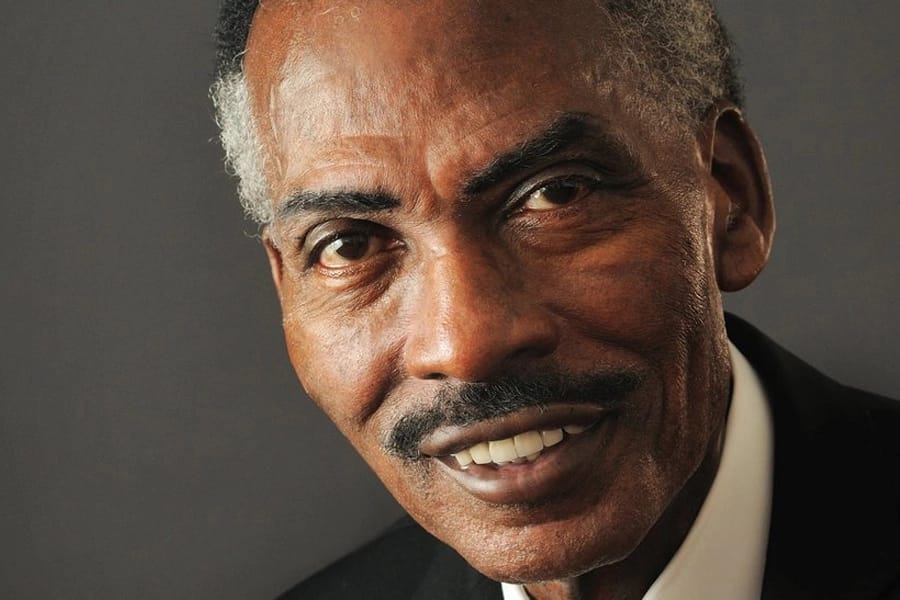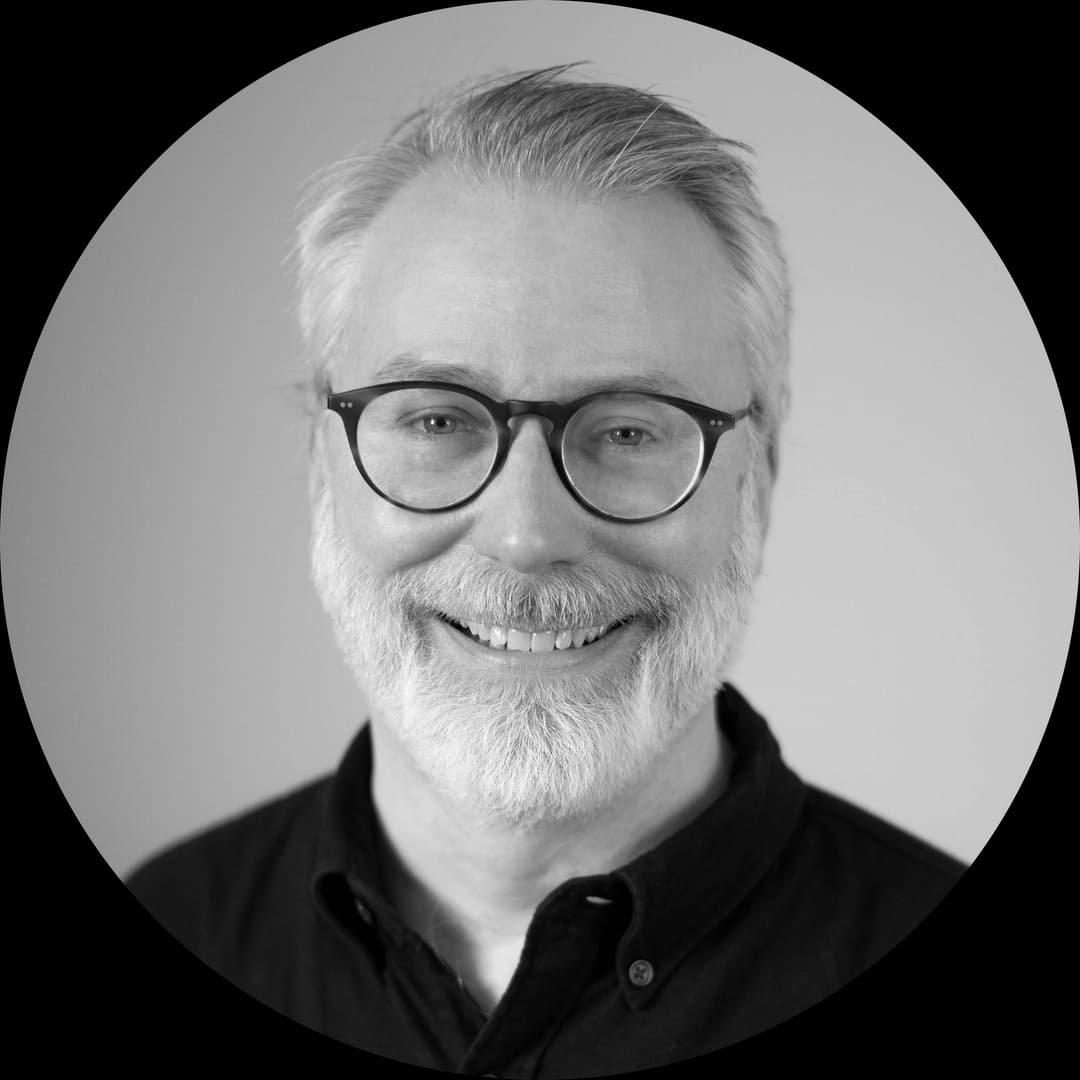
articles / Pop Culture
Remembering Olly Wilson

Composer and educator Olly Wilson died earlier this month, leaving a legacy of music that pulls from various traditions, which he shaped in sound and space. In addition to his writing works for all kinds of ensembles, he taught at the university level for decades, including more than thirty years at UC Berkeley.
You can read his obituary on the UC Berkeley Music Department‘s webpage.
In 2012, in an interview prior to a performance by the Oakland Symphony (then Oakland East Bay Symphony) of his work Episodes for Orchestra, Wilson described some of his compositional process, and the valuable role that being part of academia played in his career: “As a composer, I think of sound sometimes in graphic terms. You know, I can lay out a design. Matter of fact, sometimes in working on a piece, often what I do initially is to work at a graph table, and lay out what I think could be. But recognizing that this is one dimensional space, but I’m dealing with time, so I have to also factor that in… The relationship of time to composition is interesting because… since music exists in a linear fashion, you know, you might assume that you think of it that way. But not only are you working with your ability to imagine sound, but you’re also working with the shaping of something.” His early interest in jazz had him playing in small ensembles around his native St. Louis – he played piano, bass, and clarinet. “When I was a sophomore in college, you know, I must have been 19 years old, I began to think seriously I wanted to write music. I needed a patron. And I discovered that the patrons from the arts in 20th Century America, the patron really is the university.” Before coming to Berkeley in 1970, he had taught at Florida A&M University, and at Oberlin’s Conservatory of Music (where he founded their electronic music program). “I also happen to love ideas, I happen to love research, I happen to love teaching… I happen to love learning, and the discussion about the meaning of life and the meaning of music and the meaning of art. And so it was a natural for me – and I’ve been able to do things that I would not have been able to do had I not had the university as a patron.”






